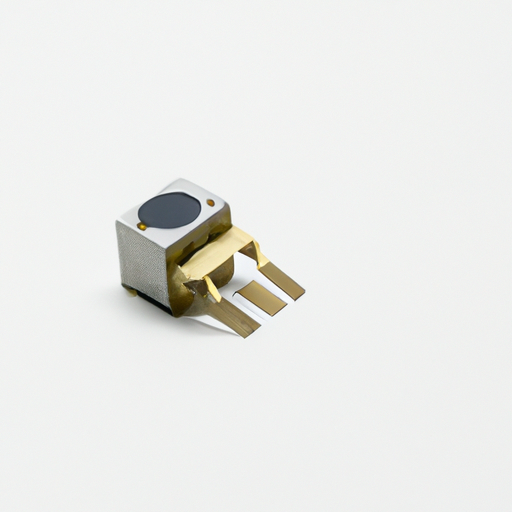Digital potentiometers, also known as digipots, are electronic components that mimic the functionality of traditional mechanical potentiometers but with the added benefits of digital control and programmability. These devices are widely used in a variety of applications across different industries due to their versatility, reliability, and ease of use.

Another common application of digital potentiometers is in instrumentation and measurement systems. These devices are used to calibrate and adjust sensors, transducers, and other components in order to ensure accurate and reliable measurements. Digital potentiometers can be easily programmed to provide precise adjustments, making them essential tools in industries such as aerospace, automotive, and healthcare.
Digital potentiometers are also widely used in industrial automation and control systems. These devices can be used to adjust parameters such as voltage, current, and resistance in various industrial processes. Digital potentiometers offer greater flexibility and control compared to traditional potentiometers, making them ideal for use in applications such as motor control, temperature regulation, and lighting control.
In the field of telecommunications, digital potentiometers are used in a variety of applications, such as signal conditioning, impedance matching, and line balancing. These devices can be easily integrated into communication systems to provide precise adjustments and fine-tuning of signals. Digital potentiometers are also used in networking equipment, such as routers and switches, to control signal levels and optimize performance.
Digital potentiometers are also commonly used in consumer electronics, such as smartphones, tablets, and wearable devices. These devices often require precise adjustments of parameters such as brightness, volume, and screen contrast. Digital potentiometers provide a compact and cost-effective solution for implementing these adjustments in consumer electronics products.
In the automotive industry, digital potentiometers are used in a variety of applications, such as climate control systems, audio systems, and power seats. These devices can be easily integrated into the vehicle's electronics to provide precise adjustments and customization options for the driver and passengers. Digital potentiometers are also used in automotive testing and calibration equipment to ensure the accuracy and reliability of vehicle components.
Overall, digital potentiometers have a wide range of applications across different industries and sectors. These devices offer numerous advantages over traditional potentiometers, such as better precision, faster response times, and programmability. As technology continues to advance, digital potentiometers are expected to play an increasingly important role in various applications, from audio equipment to industrial automation to consumer electronics.
Digital potentiometers, also known as digipots, are electronic components that mimic the functionality of traditional mechanical potentiometers but with the added benefits of digital control and programmability. These devices are widely used in a variety of applications across different industries due to their versatility, reliability, and ease of use.

Another common application of digital potentiometers is in instrumentation and measurement systems. These devices are used to calibrate and adjust sensors, transducers, and other components in order to ensure accurate and reliable measurements. Digital potentiometers can be easily programmed to provide precise adjustments, making them essential tools in industries such as aerospace, automotive, and healthcare.
Digital potentiometers are also widely used in industrial automation and control systems. These devices can be used to adjust parameters such as voltage, current, and resistance in various industrial processes. Digital potentiometers offer greater flexibility and control compared to traditional potentiometers, making them ideal for use in applications such as motor control, temperature regulation, and lighting control.
In the field of telecommunications, digital potentiometers are used in a variety of applications, such as signal conditioning, impedance matching, and line balancing. These devices can be easily integrated into communication systems to provide precise adjustments and fine-tuning of signals. Digital potentiometers are also used in networking equipment, such as routers and switches, to control signal levels and optimize performance.
Digital potentiometers are also commonly used in consumer electronics, such as smartphones, tablets, and wearable devices. These devices often require precise adjustments of parameters such as brightness, volume, and screen contrast. Digital potentiometers provide a compact and cost-effective solution for implementing these adjustments in consumer electronics products.
In the automotive industry, digital potentiometers are used in a variety of applications, such as climate control systems, audio systems, and power seats. These devices can be easily integrated into the vehicle's electronics to provide precise adjustments and customization options for the driver and passengers. Digital potentiometers are also used in automotive testing and calibration equipment to ensure the accuracy and reliability of vehicle components.
Overall, digital potentiometers have a wide range of applications across different industries and sectors. These devices offer numerous advantages over traditional potentiometers, such as better precision, faster response times, and programmability. As technology continues to advance, digital potentiometers are expected to play an increasingly important role in various applications, from audio equipment to industrial automation to consumer electronics.